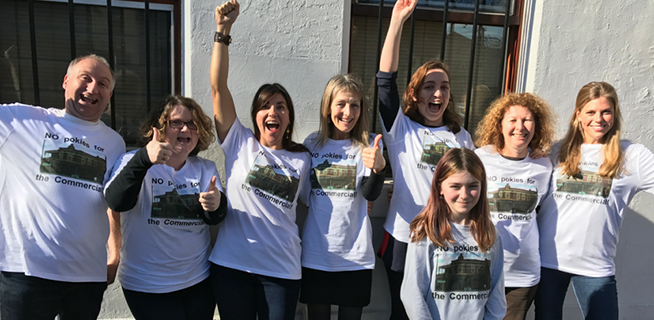Unrequited Love: Diary of an Accidental Activist is the new book from academic, queer rights activist and long-time funder at Australian Communities Foundation (ACF), Dennis Altman. Written through the lens of recent activism and the rise of authoritarianism around the world, Dennis’ memoir tracks his own history as an activist and academic working for positive social change.

Alliance for Gambling Reform celebrating progress
Inaugural Impact Fund grantee, the Alliance for Gambling Reform, is celebrating recent wins in its campaign for divestment from poker machines and for gambling reform more broadly.

